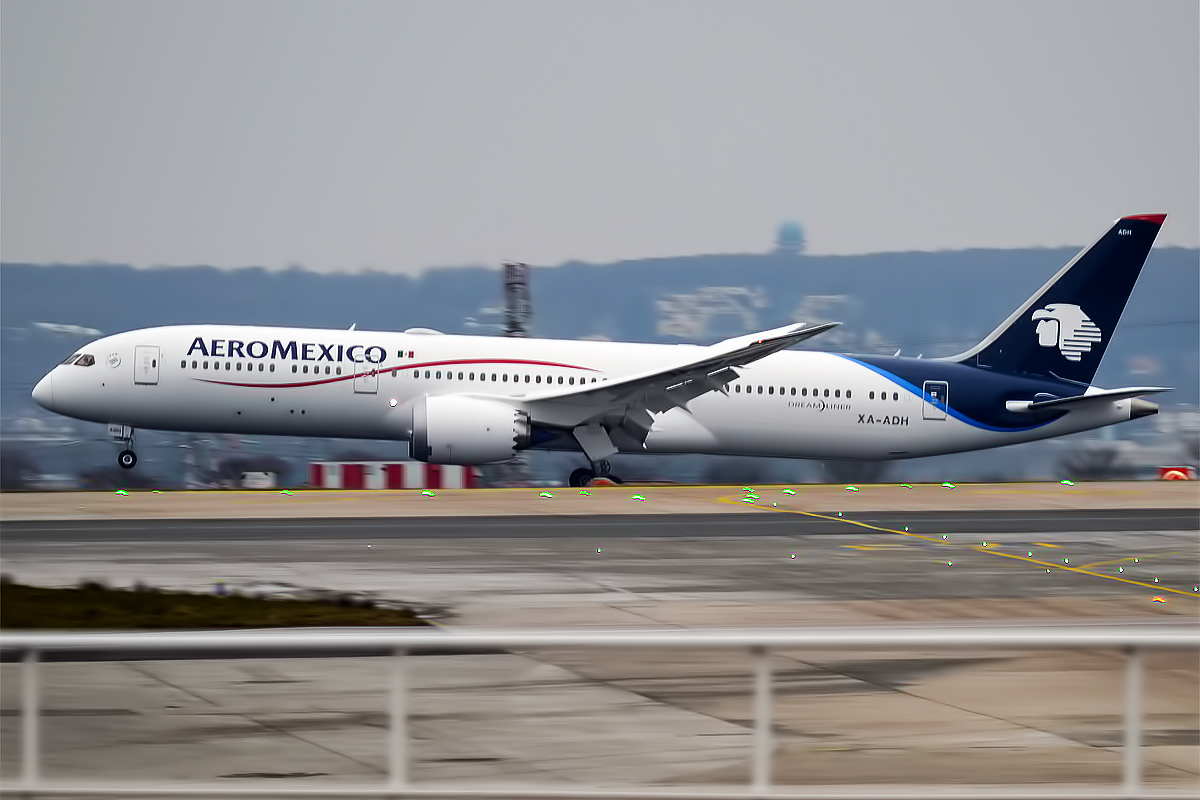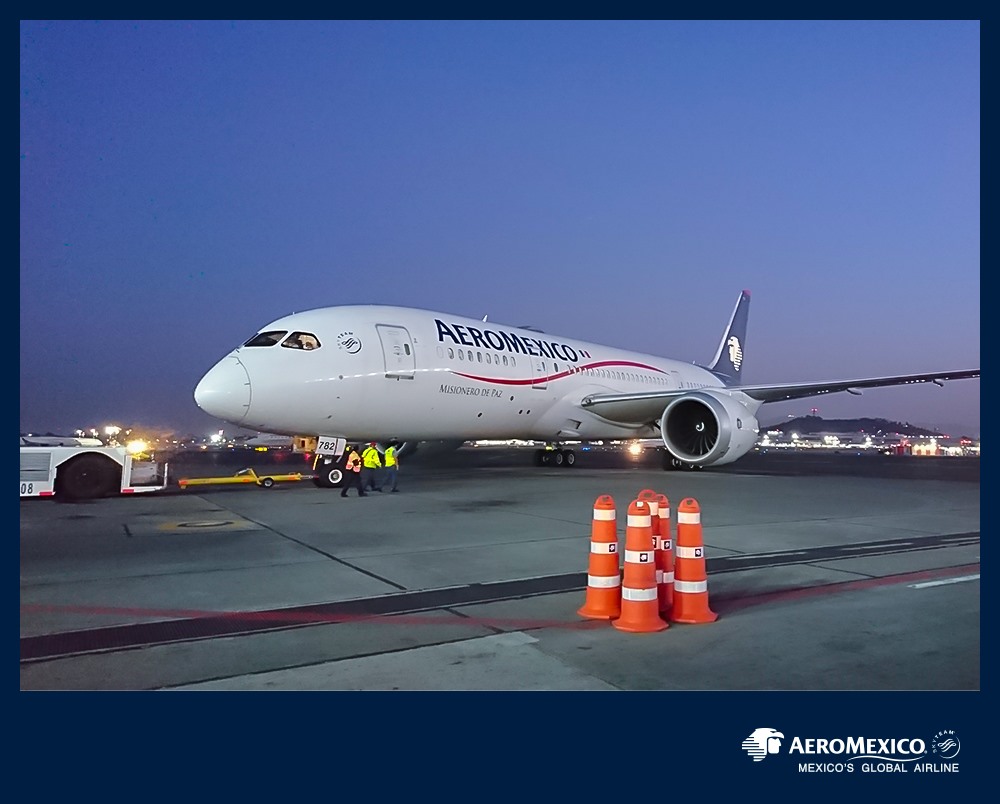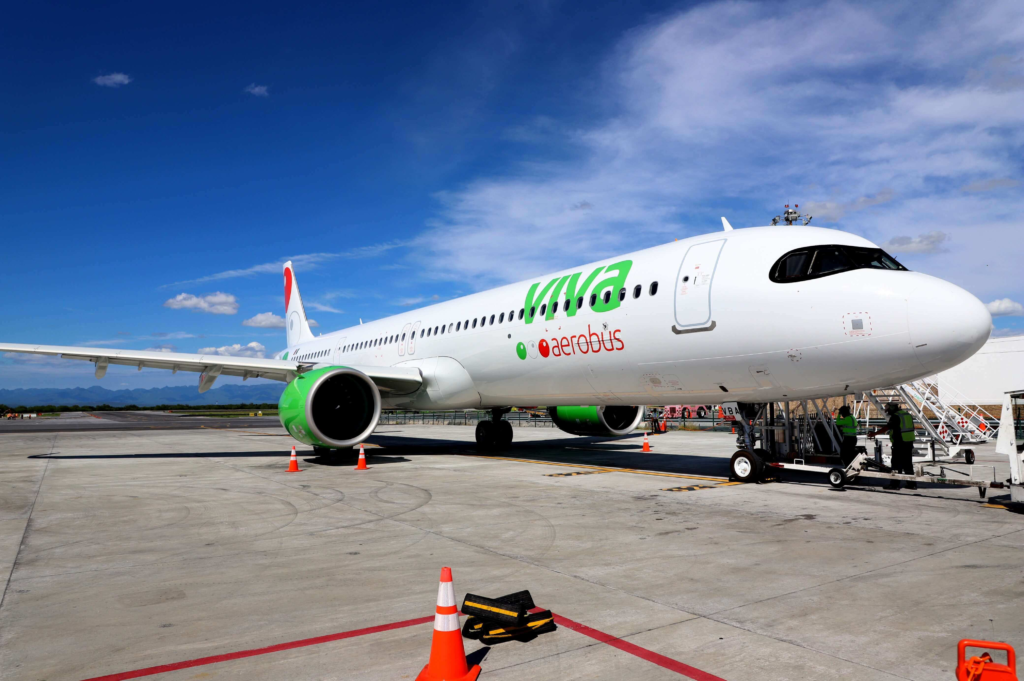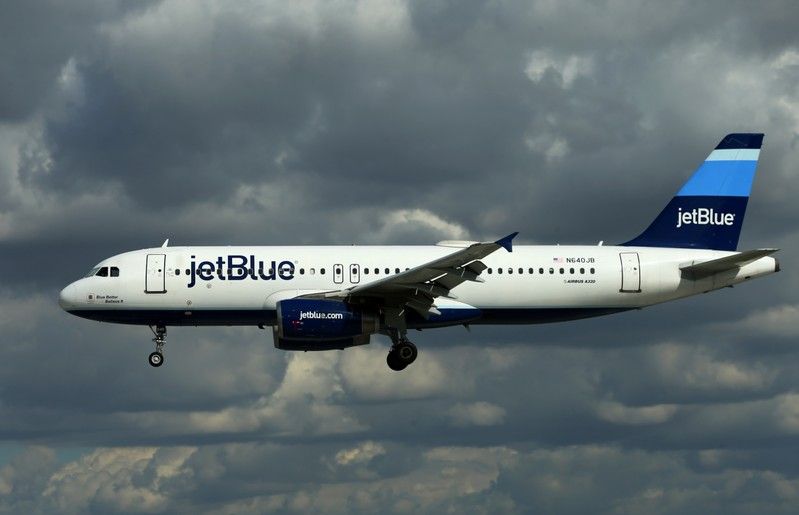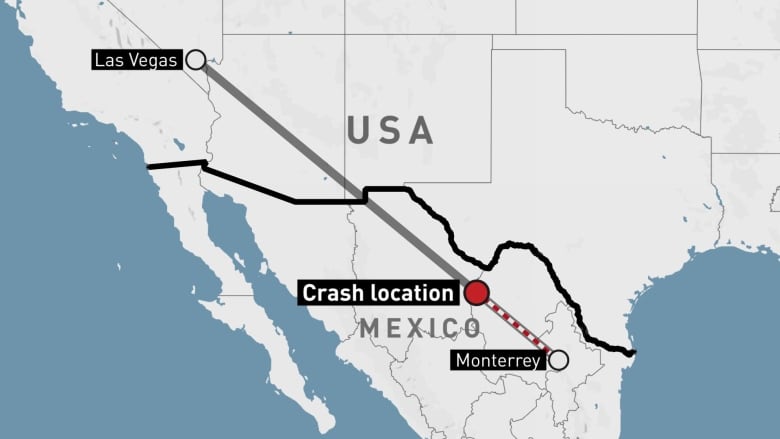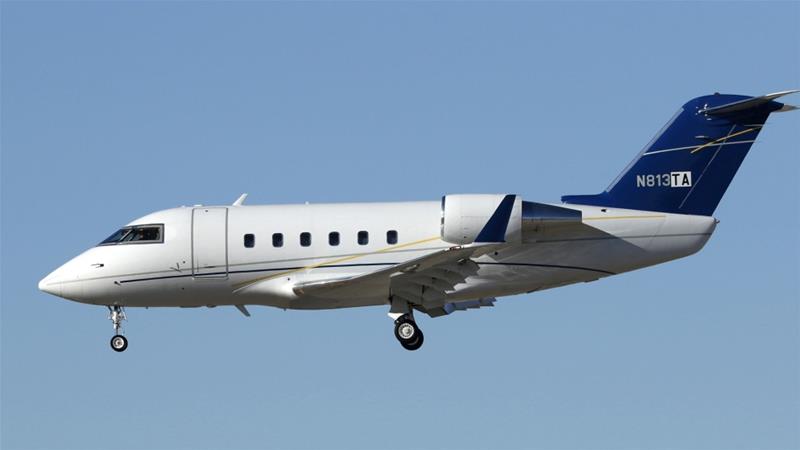WICHITA, Kansas (BUSINESS WIRE) – Textron (NYSE: TXT) Aviation today announced that it has delivered the first flagship Cessna Citation Longitude super-midsize business jet registered in Mexico to a customer who plans to utilize the aircraft for business travel throughout Mexico and North America. The Longitude received certification from the Mexican Federal Civil Aviation Agency (AFAC) in 2022.
The Citation Longitude incorporates the latest technologies throughout the aircraft like integrated autopilot, autothrottles, and emergency descent mode (EDM). The aircraft is equally designed around the pilot experience, passenger comfort and overall performance, delivering an aircraft that lives up to its designation as the flagship of the Citation family of business jets. No other super-midsize business jet offers more range, greater payload or higher cruise speed at a lower direct operating cost. Longitude owners and operators in Mexico can appreciate city pairs such as Monterrey, Mexico to Asuncion, Paraguay; Toluca, Mexico to Belem, Brazil; and with only one stop, Cabo San Lucas, Mexico to Tokyo, Japan.
The company recently announced that the 100th production unit of the Citation Longitude rolled out of the factory and is expected to deliver later this year.
About the Cessna Citation Longitude
The clean-sheet design of the Longitude integrates the latest technology throughout the aircraft, bringing customers the lowest direct operating cost in its class. Powered by FADEC-equipped Honeywell HTF7700L turbofan engines, the Longitude combines on-condition engine overhaul periods to best-in-class airframe intervals of 18 months / 800 hours, whichever occurs first. Textron Aviation’s full time diagnostics recording system (AReS) and 3D Technical Publications combine advanced technology to reduce maintenance downtime and overall costs to operation.

